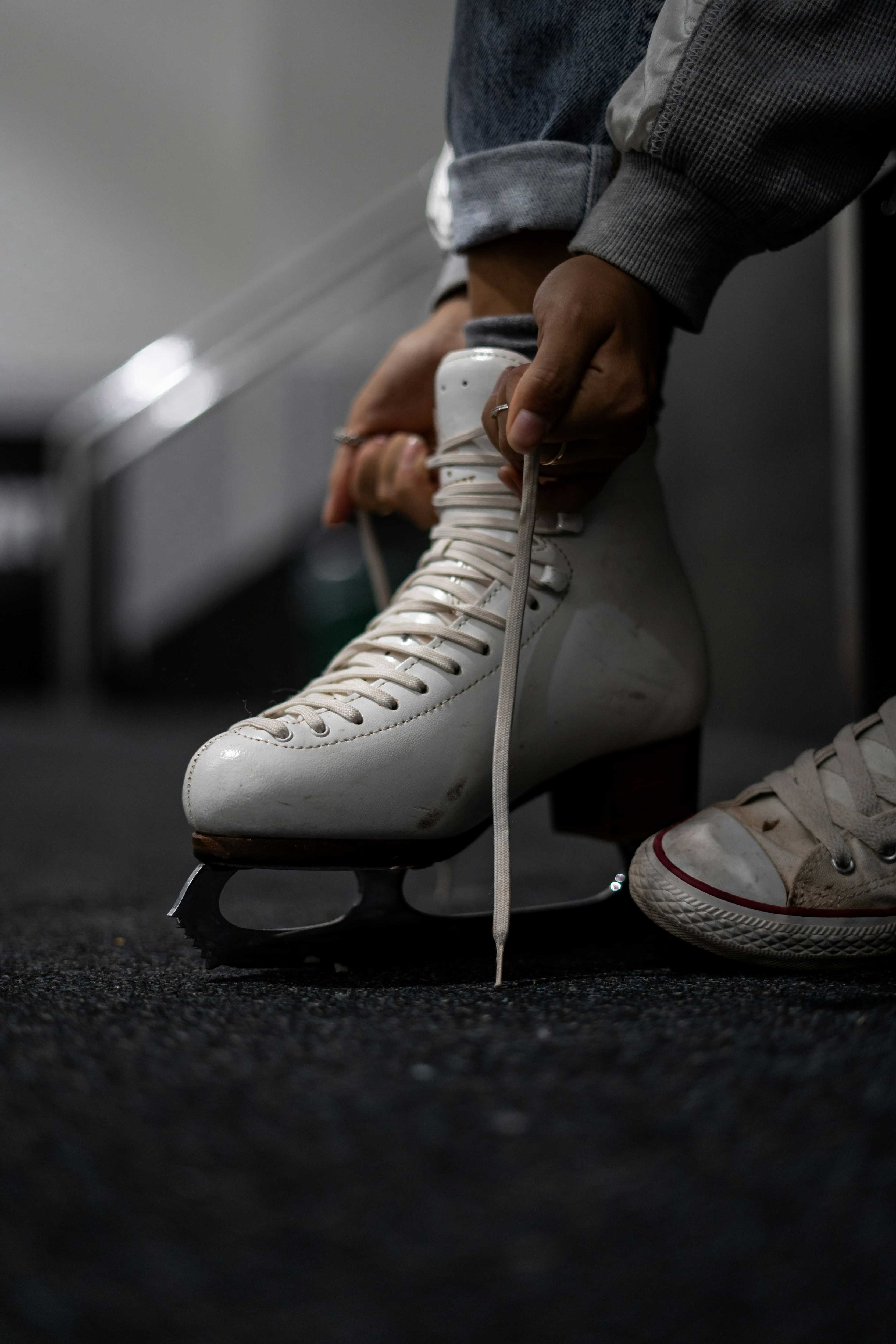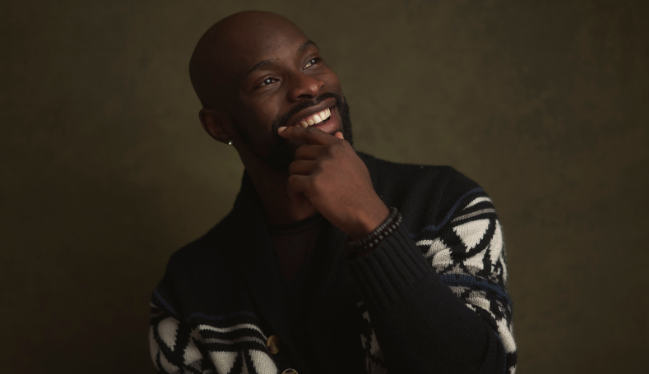Discovering one’s sexual orientation is a deeply personal journey that unfolds differently for everyone. Some people have a defining moment when they know what they’ll be into for the rest of their lives, and others go through life without much questioning.
Some people go for more of a trial-and-error approach where they come to an understanding over numerous experiences, while others view their sexuality as fluid and would rather live without any label.
What’s important to remember is that there’s no “right” timeline or method for this self-discovery. What matters most is allowing oneself the time, space and love to grow and evolve organically. Everyone deserves the freedom to find their truth at their own pace.
A Reddit user by the name of Jacklawd asked the online forum, “How did you conclude that your sexual orientation is what it is?” It received nearly 5,000 responses from almost every sexual orientation imaginable. Many people’s journeys also made them understand that they were asexual—meaning they weren’t sexually attracted to other people.
The discussion was valuable for many because it gave them a free place to express their personal journeys in a public forum. After reading other people’s experiences, there were many who felt a lot less alone.
Here are 17 of the most interesting responses to the question: “How did you conclude that your sexual orientation is what it is?”
Bisexual
“I can’t remember a time when I didn’t feel attracted to both men and women. It never went away, never wavered. Figured by 25, that’s pretty well set that I’m bisexual.” — TinyTinasRabidOtter
“Saw a hot girl. Saw a hot guy. Thought ‘yeah both is good.’” — HailYourSelf717
Lesbian
“I accepted that I like women pretty quickly, but it was far harder for me to accept that I DIDN’T like men. I don’t know why but apparently that’s pretty common with lesbians. Compulsory heterosexuality (look it up) is a bitch. But one memory I frequently go to as proof is my especially close relationship with my ‘best friends’ and literally using one of her shirts as a pillowcase, vis a vis Jenny by Studio Killers. Also, having sex with a woman for the first time and all my fears melting away once I got lost in the moment. I can’t fathom being intimate with a man without feelings of extreme anxiety and nausea (no offense gents, you’re all great!! This is a me problem, not you!).” — Hannah_of-Acero
“I dated men forever and thought all straight women were attracted to other women. And then I had sex with a woman and there was literally no doubt. The glaring neon sign was there, I just didn’t see it for what it was. Nobody in my life was surprised though lmaooooo I wanted to have a big dramatic ‘coming out’ moment and everyone was just like ‘oh good you figured it out.’” — melxcham
“I like my best friend -> I like girls -> bi?? -> I’ve never been attracted to a man -> lesbian.” — Environmental-Cap727
Queer
“The labels got too annoying, so I just went with Queer. I feel comfortable with it, and it’s not like I owe anyone an explanation. Nobody really asks for specific labels these days.” — Random_Person
Gay
“I’ve liked guys since I was like 3. When I was 14 briefly wondered if I might be gay. Realized I’d never liked a girl and liked many guys so decided it was very unlikely. When I was 20 realized straight people weren’t typically interested in or turned on by the thought of having sex with people of the same sex as them. Decided I like guys so much more than I would ever be interested in a girl that it really didn’t matter. The thought of dating a girl is also a complete turn-off for me.” — Harakiri_238
“I’m gay and grew up in a small, Christian village. So being openly gay was not really an option. I first realized that I liked men at the tender age of 12 while watching ‘The Mummy’ with Brendan Fraser for the first time. Everyone was talking about Rachel Weisz and I was always thinking ‘She’s pretty but… Did you see that guy?!’ Then things moved back into the shadow thanks to some religious brainwashing and witnessing how my best friend was sent away to one of these ‘healing camps’ for just mentioning that he thought he is gay when we were 16. So I bottled it up. Dated a couple of girls, later a woman. Never was really into any of them. And I’m still to this day really sorry that I wasted their time. I completely closed that chapter when I moved to a big city and was finally able to explore myself without the fear of the entire village finding out and talking. I was 24 and had finally a feeling of knowing who I am and where I belong.” — OneMorePotion
Straight Women
“I never had that need to explore my sexuality I see a lot of people have because I have only ever felt attracted to men. I’ve had women come up to me, but I have never even felt curious, I just don’t feel attracted to them. I guess that makes me straight.” — NenaBurguesa
“I just knew as a young girl that I really liked boys. I had two older sisters, and I loved it when they’d invite their boyfriends over! I would bother them and ask them questions.” — I_Need_A_Better_Name
Straight Men
“Heterosexual 34M here. Contrary to a lot of heterosexual men, I’m not just saying ‘well I’m straight, that’s it’ because you also do have to realize it at some point…I played basketball and practiced jiu-jitsu, saw a lot of beautiful, athletic men showering naked, and never was attracted to them. I had beautiful gay men hitting on me and didn’t feel attracted (nor repulsed, just: that it’s not for me, sorry). So I concluded I was straight.” — Teebo_
“When I was a teen I questioned it because I thought that even thinking some men are attractive made you gay. But I later realized that I didn’t want to be physical or romantic with men at all, I actually am kinda repulsed by the idea of naked guys, I simply liked they way they looked. Same way I look at a car or something else that is aesthetically pleasing. But with women, I want to experience them physically, emotionally and intimately. I want to be with a woman, I don’t want to be with a man in any way. So that’s when I understood I’m straight.” — MembraneintheInzane
Asexual
“After well over 20 years of never having a crush on anyone, it starts to dawn on you that maybe you’re the odd one out not feeling anything. For me, sex was always just this super distant thing that I never, ever thought about unless it was brought up externally. Masturbation was always an ‘oh yeah people do that, right’ kinda deal. Any sexual body part was always either completely unremarkable or outright ugly. That people really did imagine having sex with people was surprising to me. ‘Wait, they’re not just meming about a taboo subject because it’s taboo? People actually think that way?’ Porn never interested me, and I have zero desire to look at it when I can instead be watching a documentary on Dave Stieb. Yeah, at some point it becomes hard to ignore that you’re different.
“While I don’t feel like I’m missing out on anything by being asexual and being in a position where I never want to try sex, I definitely do feel like I’m missing out by (possibly) being aromantic. I can appreciate a well-written romance (note: most are not for infuriating pacing reasons alone), and it does feel like it’s something I’m missing even if I’ve never felt it. While I can think of someone as ‘pretty’ or ‘cute,’ words like ‘hot’ and ‘sexy’ have no intuitive and intrinsic meaning to them. I can give you a dictionary definition, and I can tell you how other people use them, but I don’t actually feel it.” — 47Robin
“Fellow ace here. I really thought that people were kind of arbitrarily deciding who they liked. I really didn’t understand that you actually had some feelings for someone. I only thought it was kinda judging the appearance of someone. And it was just crazy when people started to like each other at like 13-15. I just faked that whole thing. I remember when learning about sex ed, in my own thoughts, I was like why do we need to know this? Nobody is having kids. Might as well learn about colonizing Mars or the Moon as well. I really thought everybody was like that and just lied about finding people sexy and the like. I can understand someone being pretty, but it’s the exact same feeling when seeing a sunset, art, or listening to great music or seeing a great movie.” — Craigularperson
Aromantic-Asexual (AroAce)
“Never developed a crush, never felt drawn to anyone sexually, and even as I grew older was repulsed by the idea of having sex. I heard the term ‘aroace’, researched its meaning, and the label just fit. I am aroace. I can love people platonically, but I do not feel sexual or romantic attraction/love.” —
Pansexual
”I fell in love with a man who transitioned. After I’d come to terms with ‘losing’ my lover, I realized that I still loved her just as much as I’d ever loved him, and that was that my pansexual orientation was born.” — Fluffy_Fox_Kit
No Need for a Label
“If you’re asking for insight to better understand others who are different from you, I think you’ve gotten plenty of great responses already. However, if you’re looking for info relating to your own definition of sexuality, then I want to STRONGLY impress upon you that there isn’t actually any need to define yourself with labels. Society is really obsessed with putting people into categories to better understand them. You don’t have to do that. It’s totally fine (and I feel really healthy) to just experience life as it comes. My mom is 65+, has 3 previous hetero marriages, and has recently found a girlfriend. It doesn’t mean she’s been gay the whole time. It doesn’t mean she’s straight and acting out. She’s just in love, and that’s great.” — IronFlower









































